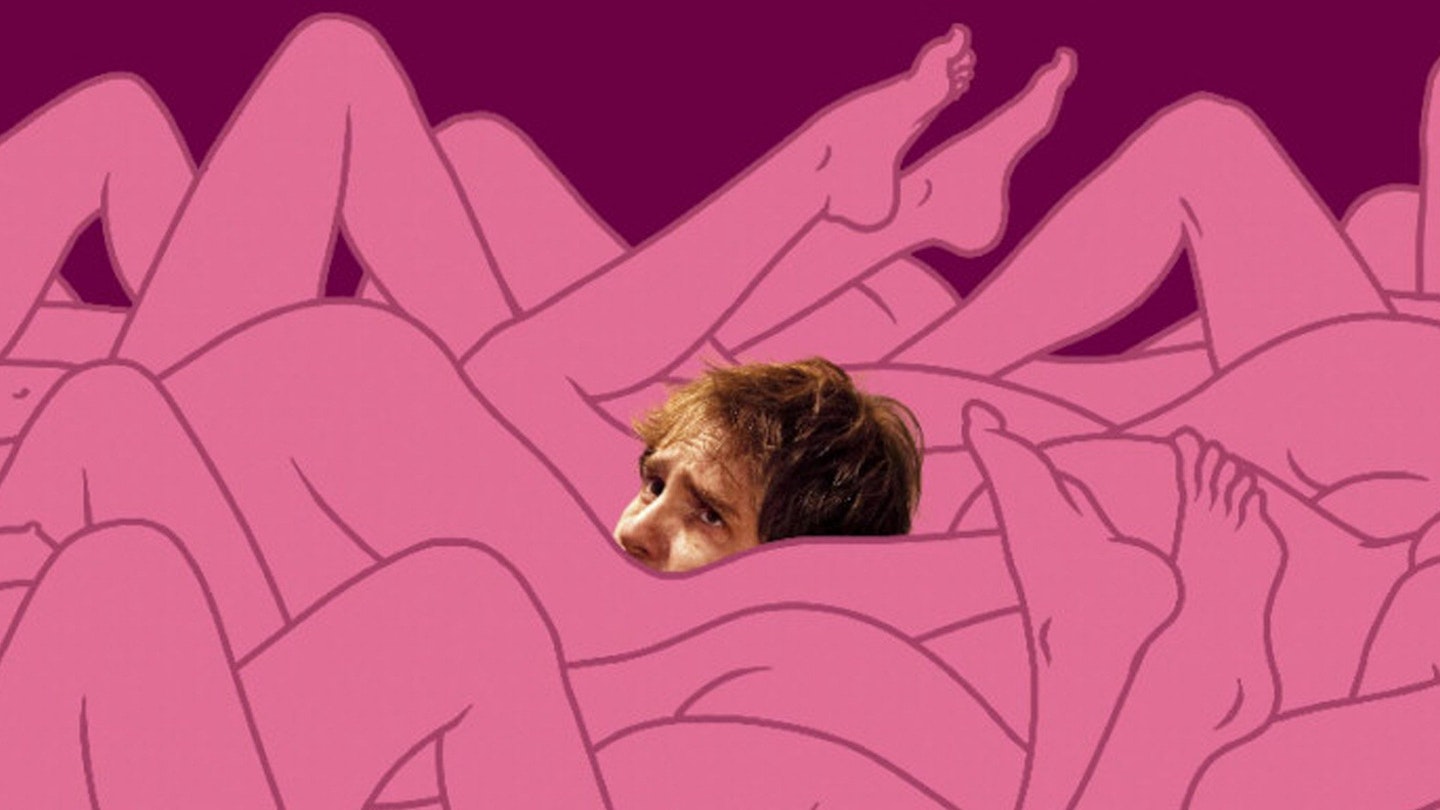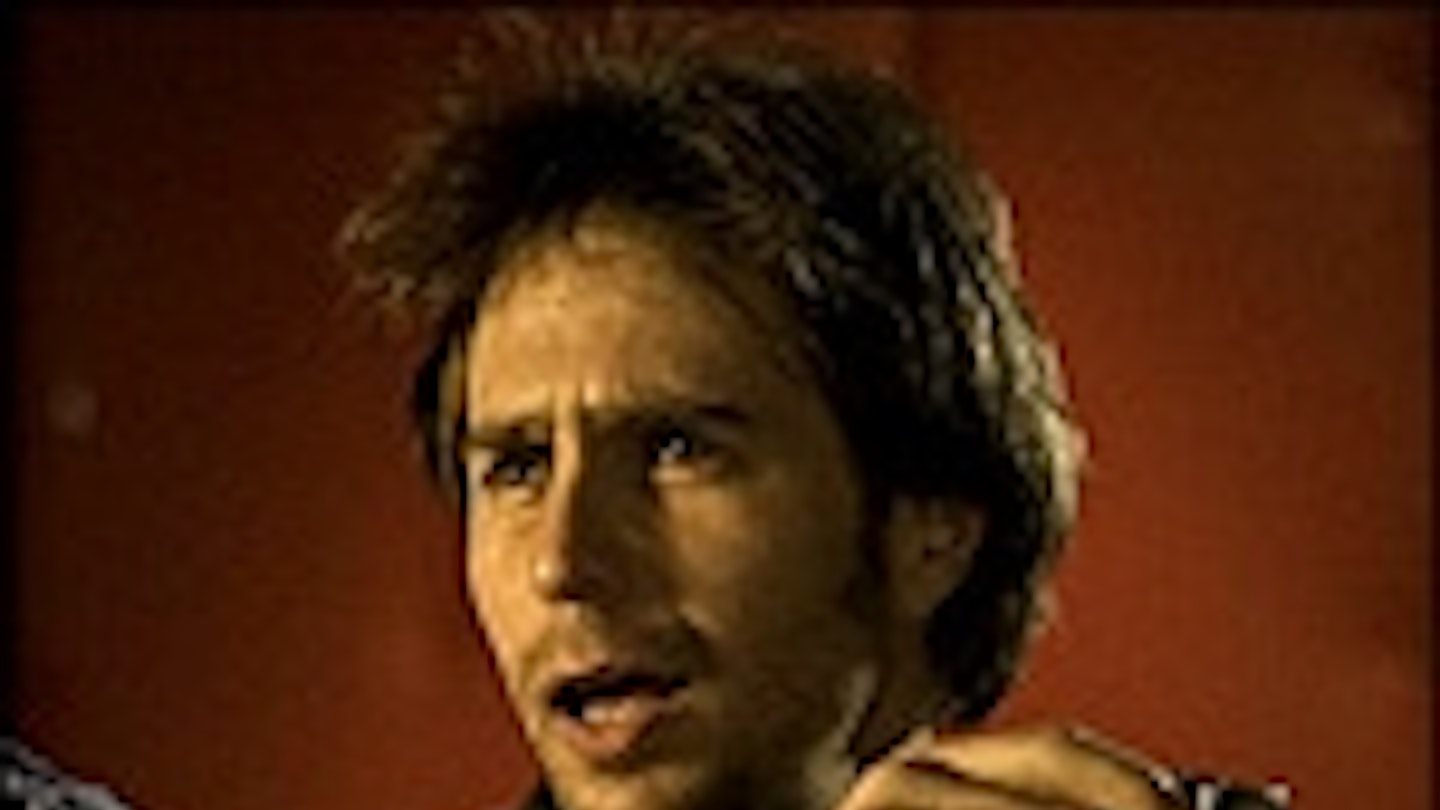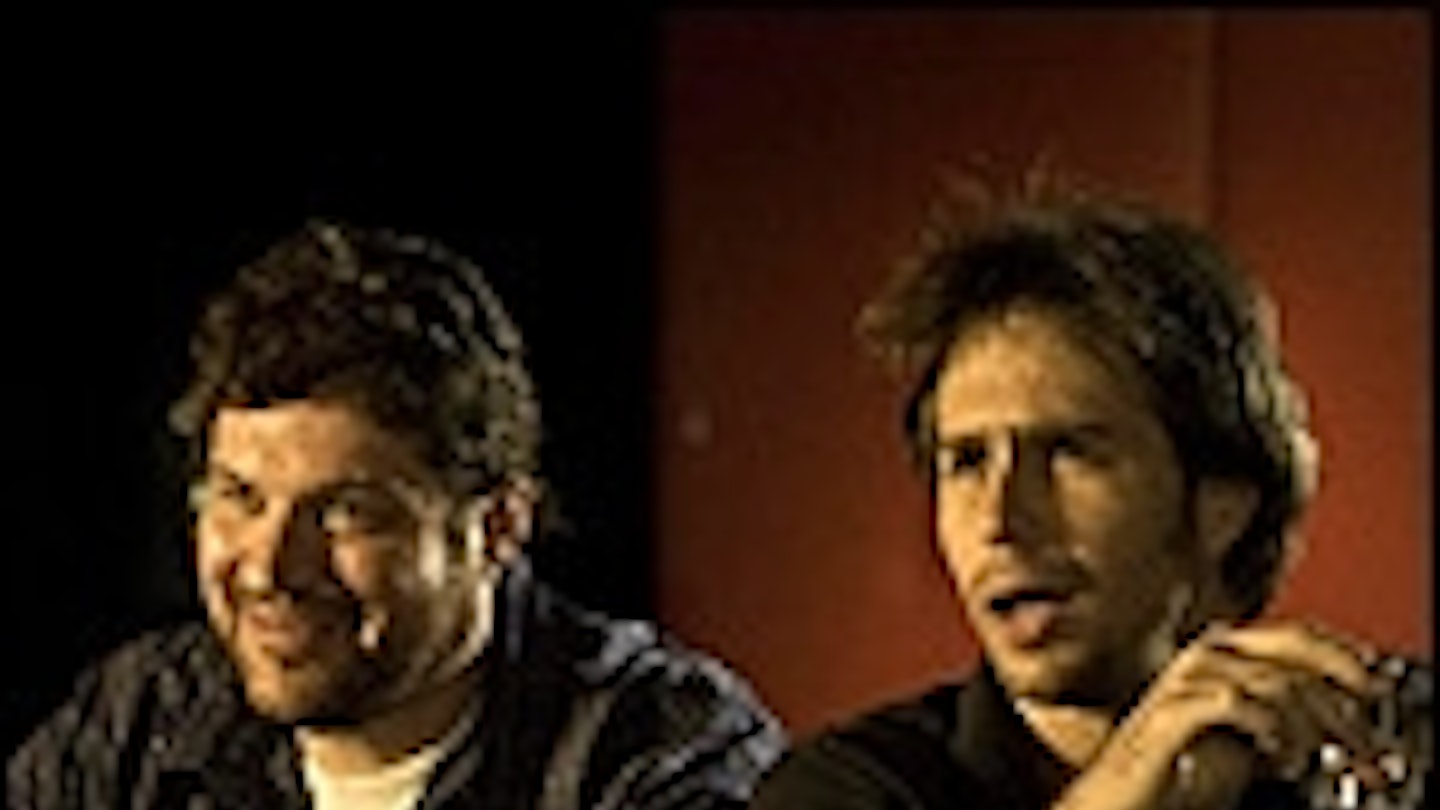After the critical and cult success of Chuck Palahniuk’s Fight Club, it’s surprising that it’s taken almost ten years for a follow-up. But then, Choke is a different proposition. The book is a dense, layered affair, alternately bubbly and brooding, and was never going to be easy source material for a movie. First-time director Clark Gregg plumps for humour over horror, allowing his film to fall between the stools of social satire and off-kilter love story, and utilises Palahniuk’s droll dialogue whenever he can in a series of self-effacing voiceovers that star Sam Rockwell delivers with aplomb. He, and the rest of the stellar cast, are the film’s saving grace.
Sex addiction is big business in the , though to Victor Mancini (Rockwell) it’s just another string of his abandonment-issues bow. Victor spends his days playing the part of a lackadaisical servant at an historical theme park, when he’s not skipping sexaholic recovery meetings to screw a fellow addict in the bathroom.
To confuse issues, his mother’s fading mental health and the cost of her private hospital are crippling him, so to supplement his income he’s been faking choking fits at plush restaurants so that he can be saved in a series of Heimlich Manoeuvres and then milk his wealthy saviours for all they’re worth.
Anjelica Huston is magnetic as Mancini’s ailing mother Ida, both as a fading invalid or vibrant and deranged in flashback. She is the hook on which her son hangs his hopes and anxieties. Kelly Macdonald plays love interest Dr. Paige Marshall, whose veneer hides as many cracks as Mancini’s, but while they shine as an ensemble, it’s Rockwell’s sleazy yet self-effacing turn that steals the show. It’s not easy to like an addict of any kind, but Rockwell makes him almost lovable, flaws and all.
Still, the weaknesses in Gregg’s script and direction show through as the film shifts from one story strand to another without any real sense of pace or resolution. One subplot, that Mancini might be the Messiah, makes the film feel more like two halves than one whole. That was never a problem with the book, and makes you wonder why Gregg chose such a knotty novel as his first directing source.



